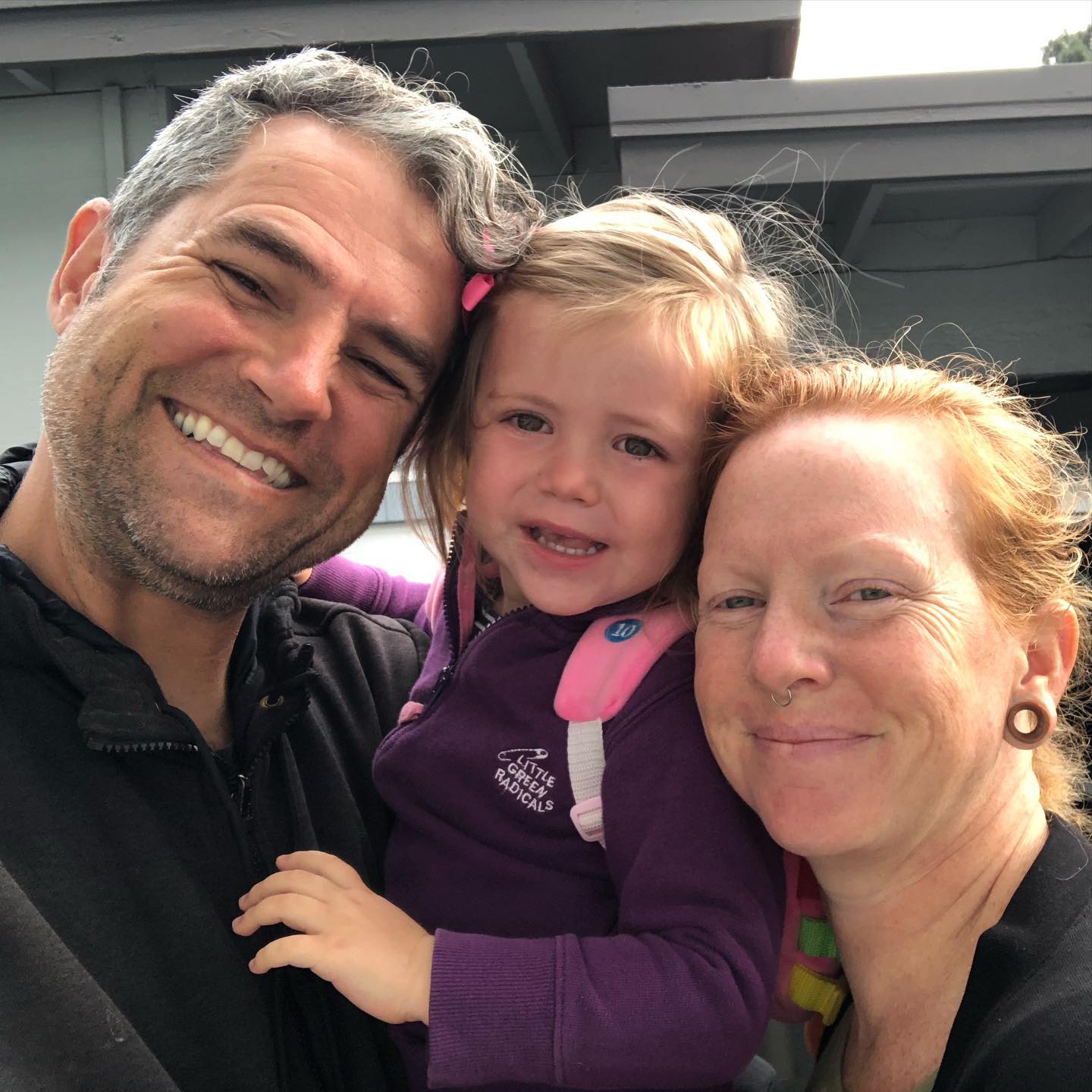Why?
The Jolan and Askali neighborhoods seemed particularly hard hit, with more than half of the houses destroyed. Dead bodies were scattered on the streets and narrow alleys of Jolan, one of Fallujah’s oldest neighborhoods. Blood and flesh were splattered on the walls of some of the houses, witnesses said, and the streets were full of holes.
Some of the heaviest damage apparently was incurred Monday night by air and artillery attacks that coincided with the entry of ground troops into the city. U.S. warplanes dropped eight 2,000-pound bombs on the city overnight, and artillery boomed throughout the night and into the morning.
“Usually we keep the gloves on,” said Army Capt. Erik Krivda, of Gaithersburg, Md., the senior officer in charge of the 1st Infantry Division’s Task Force 2-2 tactical operations command center. “For this operation, we took the gloves off.”
Some artillery guns fired white phosphorous rounds that create a screen of fire that cannot be extinguished with water. Insurgents reported being attacked with a substance that melted their skin, a reaction consistent with white phosphorous burns.
Kamal Hadeethi, a physician at a regional hospital, said, “The corpses of the mujahedeen which we received were burned, and some corpses were melted.”
